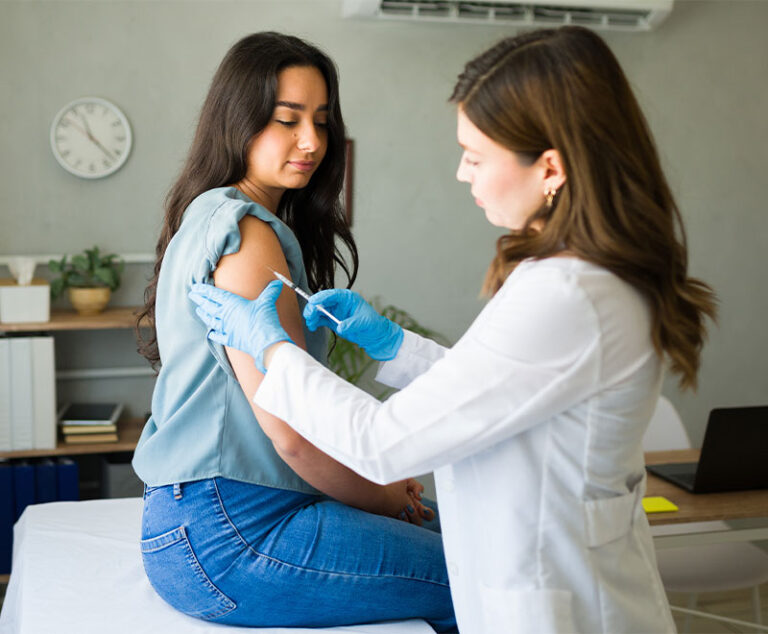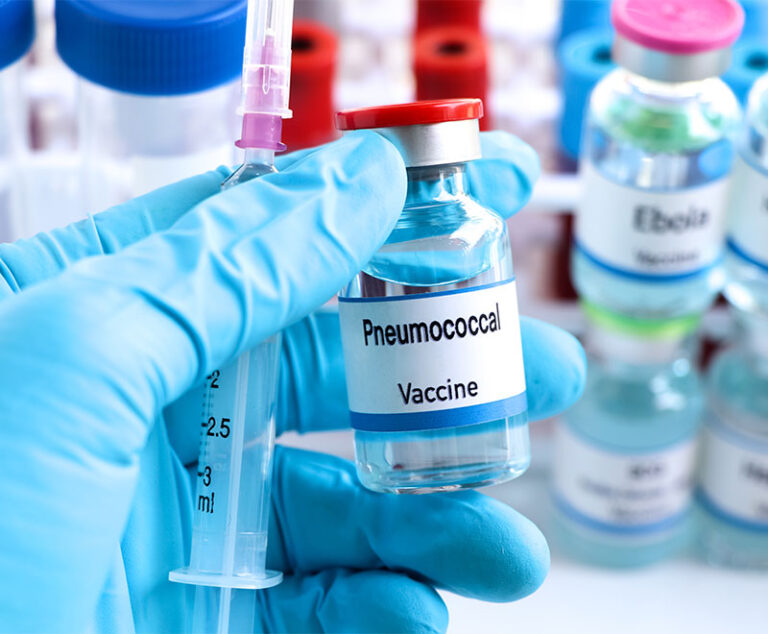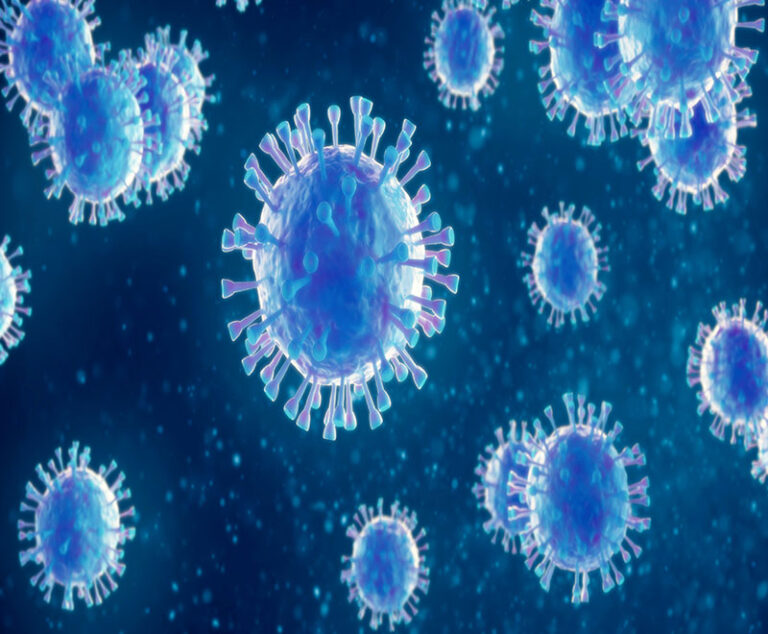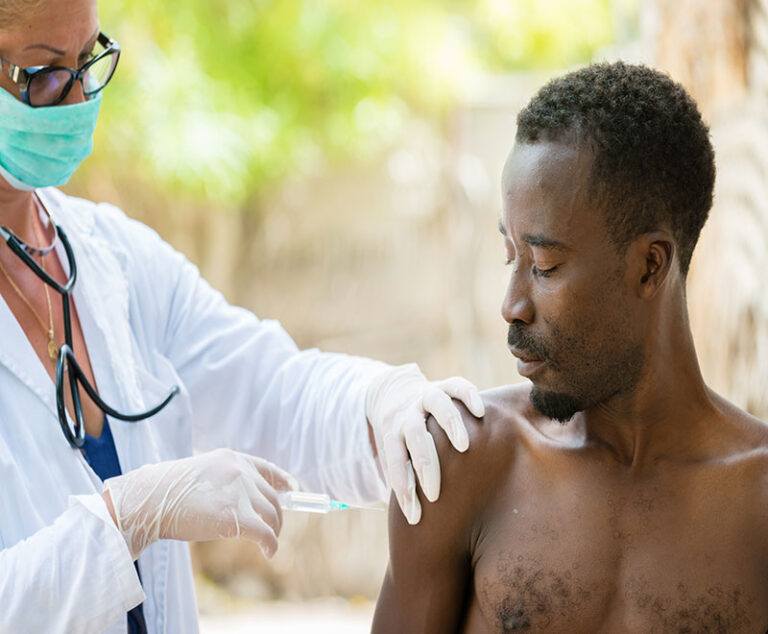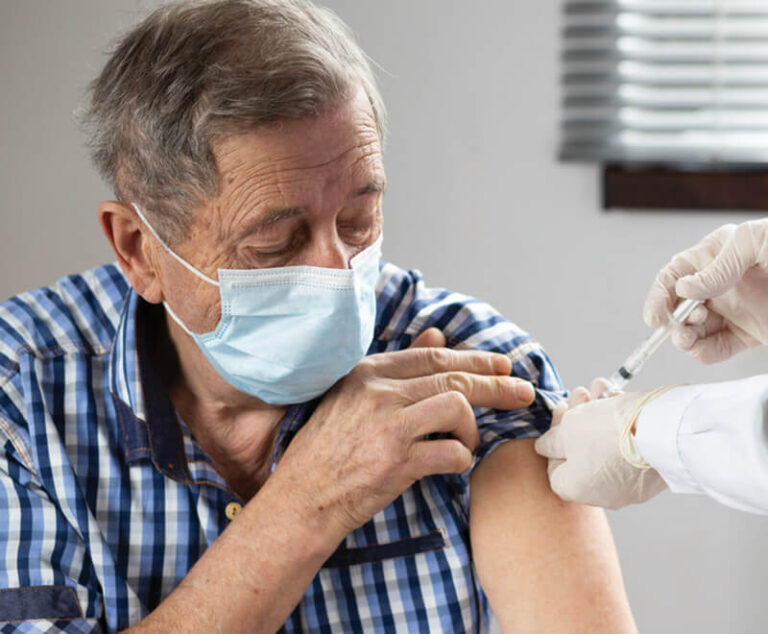Industry News
Research, Science & Manufacturer Updates
Vaccines Articles
The first influenza nasal spray vaccine that can be self-administered has been approved by the U.S. Food and Drug Administration (FDA).
A study by researchers at Washington University School of Medicine in St. Louis indicates next-generation vaccines that target a virus’s points of entry — the nose and mouth — may be able to contain the spread of respiratory infections and prevent transmission.
New research reveals a promising approach to a universal influenza vaccine vaccine that confers lifetime immunity against an evolving virus.
Inborn errors of immunity (IEI) increase morbidity and mortality risks, particularly from respiratory tract infections. Hence, vaccination becomes pivotal for IEI patients.
Researchers at the University of Wisconsin (UW) School of Medicine and Public Health are exploring the ideal vaccine booster strategy for immunosuppressed patients to protect those at higher risk of severe illness and complications from COVID-19 infection.
A new vaccine currently in development can effectively and affordably lower levels of “bad’ cholesterol in the body, a health problem that affects almost two in five adults in the U.S.
A Phase I clinical trial testing the safety of an experimental nasal vaccine, MPV/S-2P, that may provide enhanced breadth of protection against emerging variants of SARS-CoV-2, the virus that causes COVID-19, is now enrolling healthy adults at three sites in the United States.
The U.S. Food and Drug Administration has approved CAPVAXIVE for active immunization for the prevention of invasive disease caused by Streptococcus pneumoniae in individuals 18 years of age and older.
A new vaccine may help speed up the process of making antibodies against SARS-CoV-2 by using preexisting immunity to a separate virus (the influenza virus).
A new cancer vaccine designed to detect and fight cancer cells without traditional cancer treatment is entering Phase III clinical trials.
A new study showed patients with confirmed Ebola virus disease were half as likely to die if they were vaccinated against the virus than if they were not.
A Phase I/II study evaluating the safety, tolerability and immunogenicity of Pfizer and BioNTech's mRNA-based combination vaccine candidates for influenza and COVID-19 among healthy adults 18 to 64 years of age show positive topline results.


